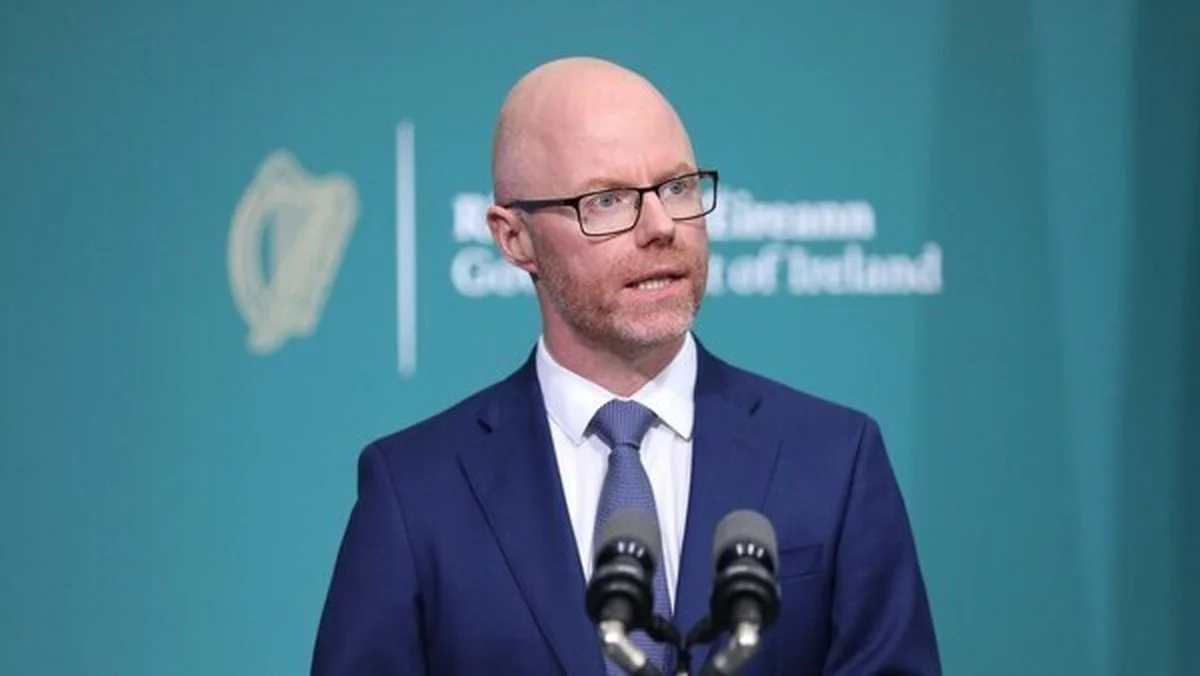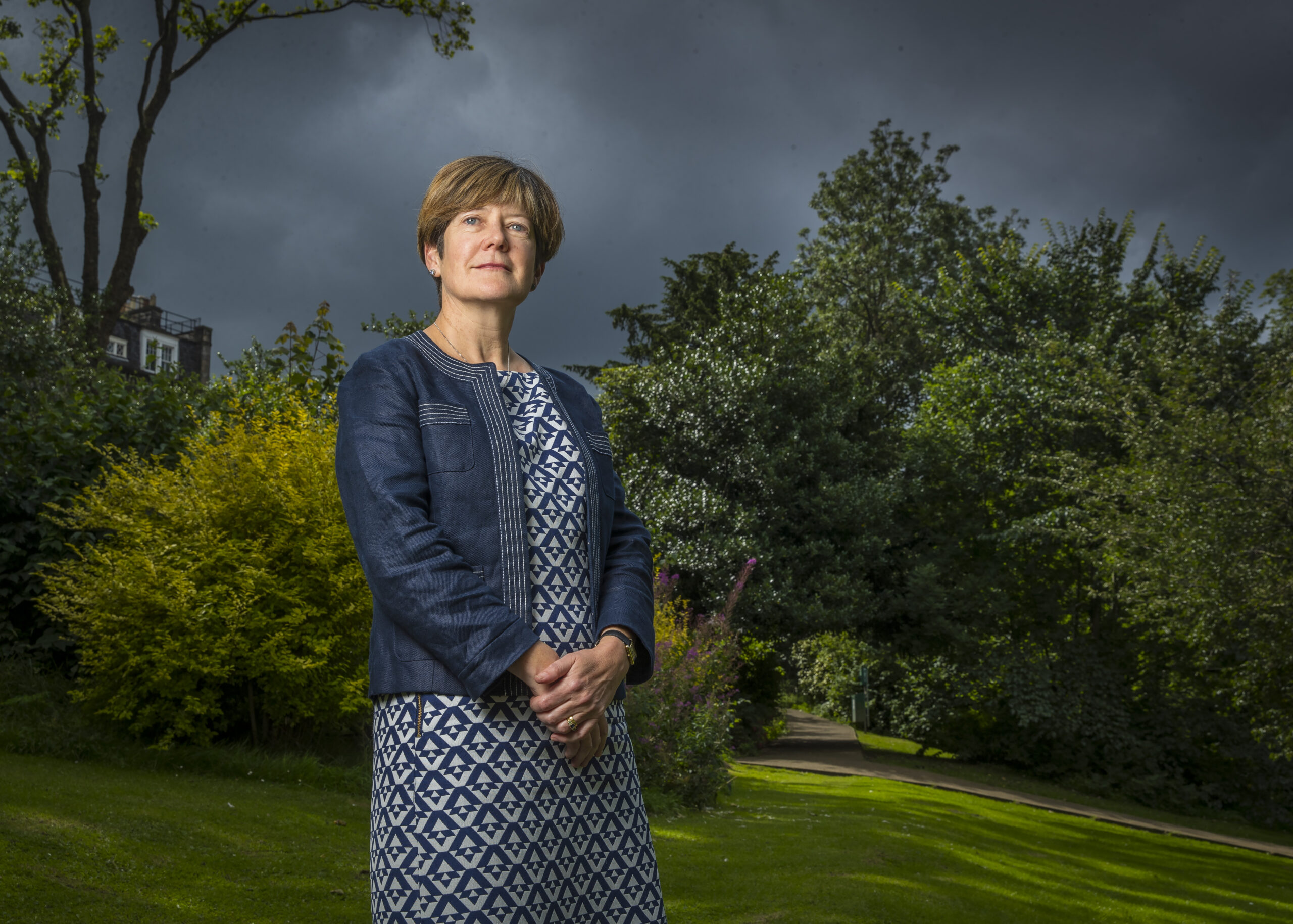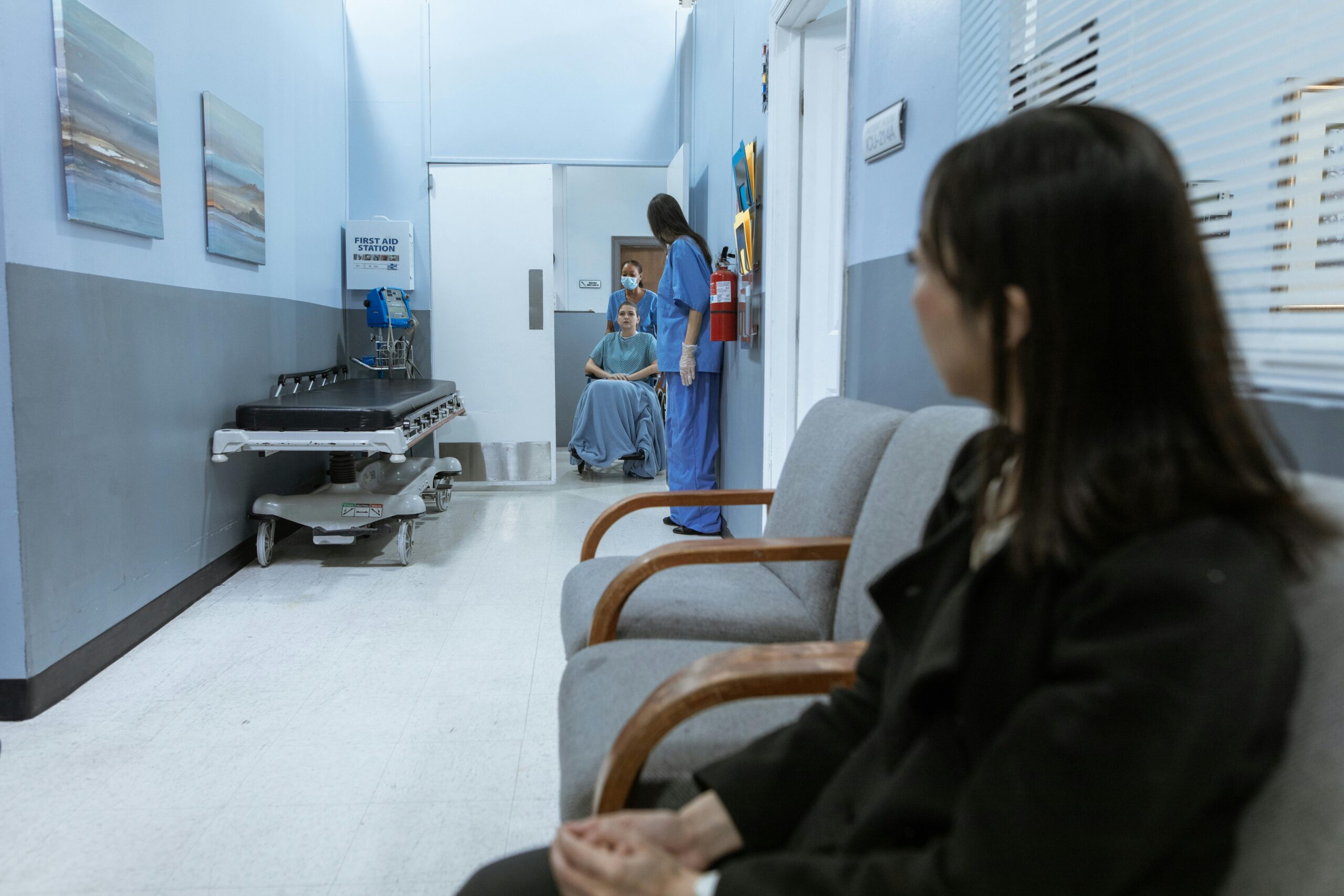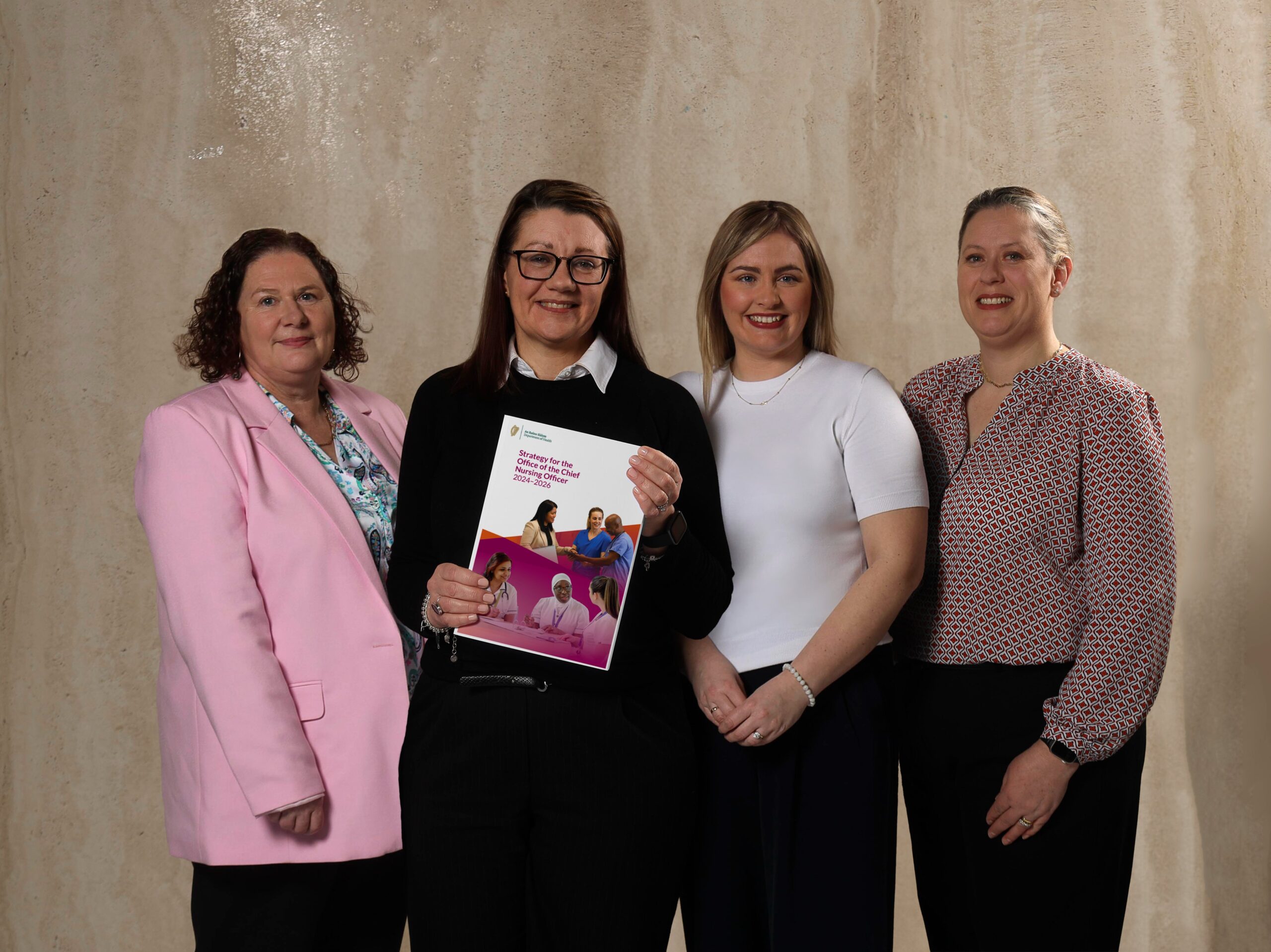HRB Investment of €21m in Cancer Clinical Trials Will Transform Cancer Care in Ireland

The Heath Research Board (HRB) have made a significant investment of €21 million in cancer clinical trials that will transform cancer care in Ireland. The funding will tackle childhood and adult cancers, making a real difference to the lives of cancer patients, allowing them more access to cancer trials by increasing the resources and expertise required to conduct them.
It will do so by providing essential support for six Cancer Clinical Trials Groups and an overarching National Cancer Clinical Trials Network. This increases our investment in cancer clinical trials infrastructure each year by more than half a million to €4.27 million, making the Health Research Board (HRB) the lead public funder of cancer clinical trials infrastructure in Ireland. This investment will also help achieve the National Cancer Strategy (2017-2026) objective of doubling the number of cancer patients on clinical trials in Ireland.
Every cancer treatment was once the subject of a clinical trial. With one in two people in Ireland developing cancer in their lifetime, trials are essential because they test and find new and better ways to screen, prevent, diagnose and treat it. Patients benefit from having access to high quality clinical trials, and overall outcomes are better in health systems that support them.
Welcoming the news, Oonagh Ward, Head of Research and Innovation Infrastructures with the HRB, said, “ultimately, this investment is about finding new and safe approaches to prevent and treat cancer and save more lives. We are particularly pleased with the breadth of this investment, which spans childhood and adult cancers and includes new cancer trials groups in radiation therapy and paediatric cancer. We urge all cancer patients in Ireland to ask their healthcare provider if there is a relevant cancer clinical trial that they can participate in.”
Trials are typically conducted in the complex and busy setting of a health service or hospital and require access to specialised skills and supports. This HRB investment will enhance the volume, quality and reach of cancer clinical trials in Ireland by strengthening partnerships between hospital sites, Clinical Research Facilities/Centres and academic partners. It will also ensure a more strategic approach to the portfolio of trials in Ireland, support their required expertise, and ensure they meet all regulatory and transparency requirements.
Following an extensive and rigorous application and peer review process by an independent and international panel of experts, the National Cancer Clinical Trial Network award will be led by Professor Ray McDermott (Chief Scientifc Investigator, Cancer Trials Ireland) and hosted by RCSI University of Medicine and Health Sciences.
According to Oonagh Ward, “funding for the National Cancer Clinical Trial Network will ensure that the trials most relevant to patients in Ireland are prioritised and supported, with results more likely to be translated into practice because of the engagement with practicing clinicians.”
In addition, six cancer trials groups were awarded as follows:
- Children’s Health Ireland Cancer Trials Group led by Professor Owen Smith and hosted at University College Dublin
- Beaumont Hospital – RCSI University of Medicine and Health Sciences Cancer Trials Group led by Professor Patrick Morris and hosted at RCSI
- Irish Research Radiation Cancer Trials Group led by Dr Sinead Brennan and hosted at Trinity College Dublin
- UCC Cancer Trials Group led by Professor Roisin Connolly and hosted at University College Cork
- Ireland East Hospital Cancer Trials Group led by Professor Catherine Kelly hosted at University College Dublin
- Trinity Academic Cancer Trials Group led by Professor Maeve Lowery hosted at Trinity College Dublin
HRB grants were also awarded to the SAOLTA University Healthcare Group and to University Hospital Limerick to enable and enhance their cancer clinical trials capacity and capability over the next 15 months.
All awards will formally commence in January 2022.
Source: Health Research Board
You might also like
For relevant updates on Emergency Services news and events, subscribe to EmergencyServices.ie









